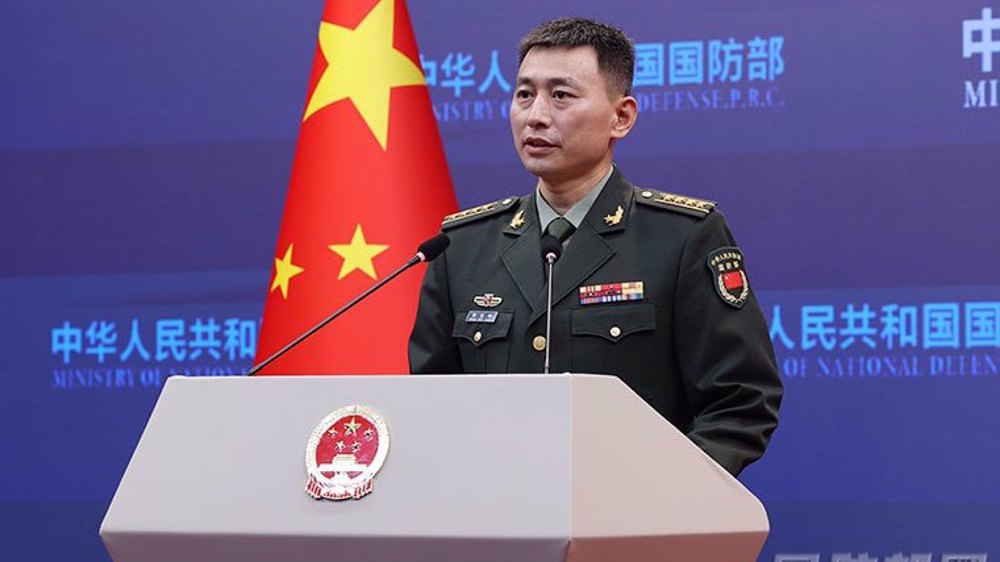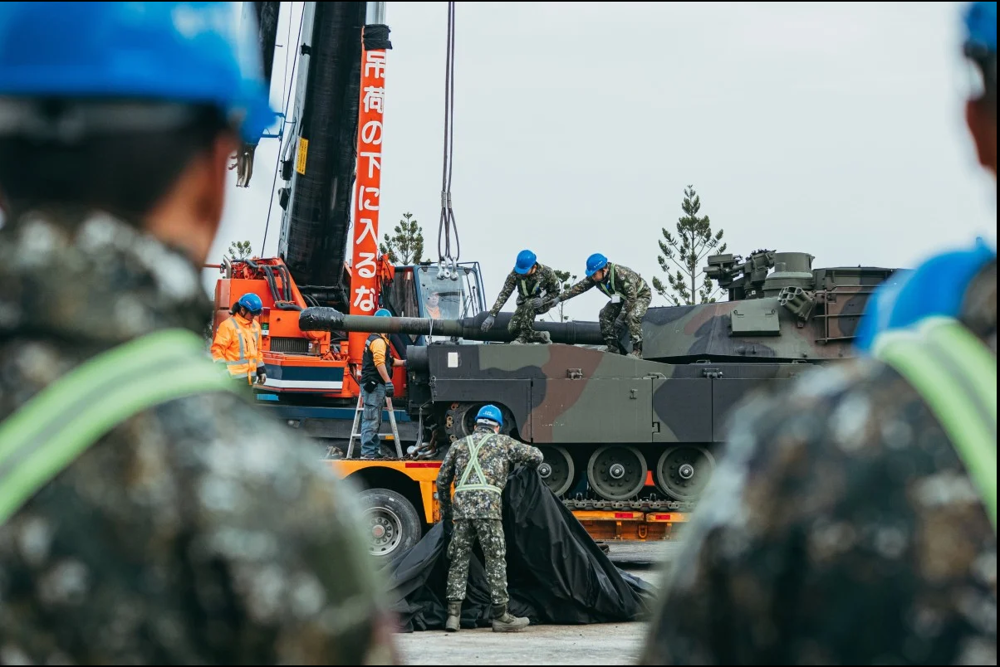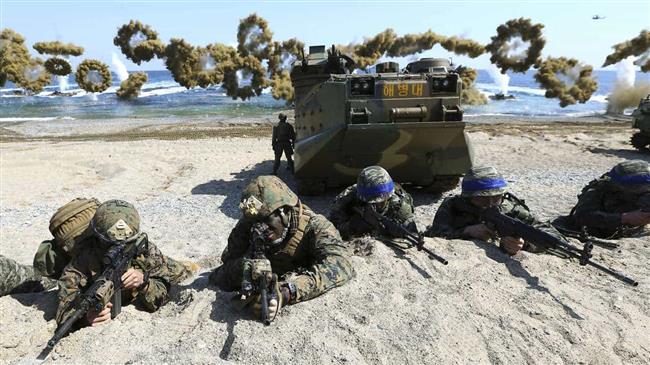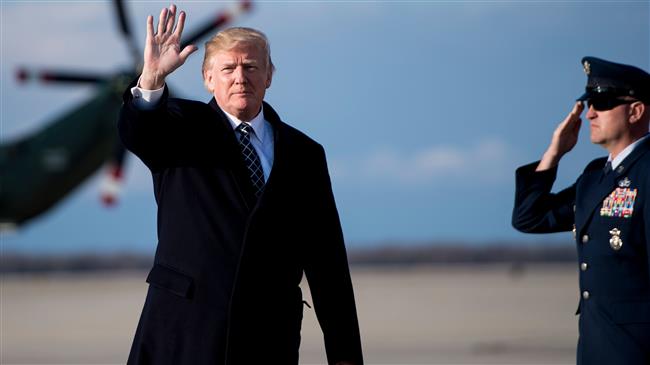China hails North Korea’s efforts to resolve nuclear weapons crisis
Chinese Foreign Minister Wang Yi has hailed North Korea’s efforts to ease tension on the Korean peninsula after Pyongyang signaled its willingness to resolve the ongoing disputes over the country’s nuclear weapons program.
Wang made the statement during his meeting with North Korean Foreign Minister Ri Yong Ho in Beijing on Tuesday.
Following his China visit, Ri is due to travel to Russia, Azerbaijan, and other former Soviet republics in the days ahead.
"China appreciates North Korea's position working toward denuclearization of the peninsula and its important efforts to ease the situation on the peninsula, and supports meetings between the leaders of the North and South and between the North and the United States," a Chinese Foreign Ministry statement cited Wang as saying.
China remains the North’s main ally and trade partner, though their relations have relatively cooled when Beijing began enforcing UN Security Council sanctions aimed at containing Pyongyang’s nuclear and missile programs.
But in late March Beijing pledged to uphold its friendship with its isolated neighbor and won a pledge from North’s leader Kim Jong-un to denuclearize the peninsula during a meeting with Chinese President Xi Jinping.
Last week, North Korea’s leader met Xi Jinping in his first official trip abroad since rising to power in December 2011.
Kim is also scheduled to hold talks with South Korean President Moon Jae-in on April 27 as well as a potential meeting with US President Donald Trump in May.
Wang noted that the Chinese and North Korean leaders had reached an important consensus on resolving Pyongyang’s nuclear crisis during the historic visit.
The statement also cited the North Korean foreign minister as saying that Pyongyang would "maintain close strategic communications" with Beijing on the issues related to the Korean peninsula. He also described the meeting between the leaders of the two countries as an "important juncture" in the development of bilateral relations.
Earlier on Tuesday, during a press conference with Swiss Foreign Minister Ignazio Cassis in Beijing, Wang expressed hope that a planned meeting in May between Kim and Trump would "increase mutual understanding."
"But historical experience tells us that at the moment of easing of the situation on the peninsula and as first light dawns on peace and dialogue, frequently all manner of disruptive factors emerge," Wang said.
"So we call on all sides to maintain focus, eliminate interference, and firmly follow the correct path of dialogue and negotiation," he added.
The Swiss foreign minister, for his part, said that Switzerland could assume a role in the strategic meetings between Kim and "some important partners on the international level," without further elaborating on the issue.
The diplomatic breakthrough involving North Korea and its neighbors started during the Winter Olympics in South Korea in February, to which Kim sent athletes, cheerleaders as well as his sister as a diplomatic envoy.
This is while the UN Security Council last week blacklisted dozens of vessels and shipping companies accused of helping North Korea circumvent sanctions, putting further pressure on Pyongyang ahead of Kim’s planned talks with the South Korean and US presidents in the coming months.
While Trump has expressed his agreement to meet with Kim, he tweeted on Wednesday that “maximum sanctions and pressure must be maintained” on North Korea.
The Korean dispute intensified when North Korea decided last summer to begin a series of tests for its long-range missiles and a powerful nuclear test, which prompted increased international pressure on Pyongyang to give up its nuclear and missile programs.
Kim's predecessors, grandfather Kim Il Sung and father Kim Jong Il, had both pledged not to pursue nuclear weapons but they secretly maintained the program. The country conducted its first nuclear test in 2006 under Kim Jong Il.
During the previous failed talks on North Korea’s nuclear weapons crisis, Pyongyang said it could consider scarping its arsenal if Washington ends its military presence in the Korean Peninsula and remove its so-called nuclear umbrella of deterrence from South Korea and Japan.
VIDEO | Vietnam current prosperity
Report blames gasoil exports for shortage at Iranian power plants
VIDEO | Hind Rajab Foundation names Israeli war criminals vacationing after Gaza genocide
VIDEO | Australians rally for Gaza ahead of Christmas festivities
VIDEO | Attacks on Sana'a
Iran reports further drop in annual inflation rate in December
Israel indicts two settlers over suspected spying for Hezbollah
Iran: US airstrikes on Yemen war crimes, violation of international law















 This makes it easy to access the Press TV website
This makes it easy to access the Press TV website